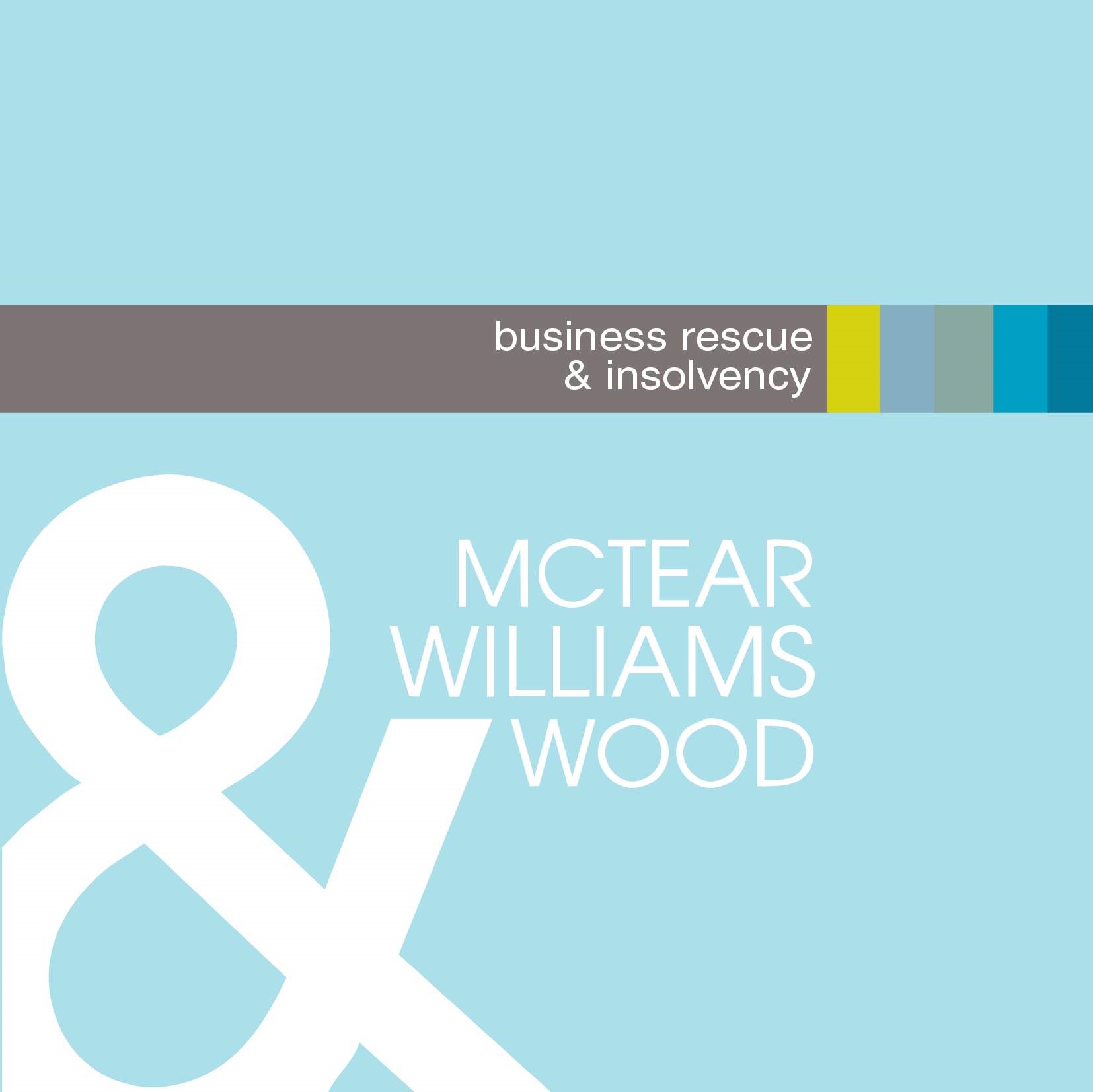What happens after bankruptcy?
In short
When you go bankrupt your assets pass to a Trustee in Bankruptcy. Usually a year later your bankruptcy will end (called being discharged). You are then free to go on with your life, however, you may still have a trustee in place especially if they have not been able to realise and sell your assets.
There are lots of myths about bankruptcy and every amateur has an opinion about what happens. In most cases, the myths can appear scary and do nothing to reassure you. Usually, it is not as bad as it seems and bankruptcy can be a good and relatively painless option. However, if you own a home, a business or are a director of a company then your situation will be more complicated.
In more detail - the pros and cons
Pros
- It clears your unsecured debts such as credit cards and loans
- Bailiffs have to now leave you alone.
- It can be a great stress reliever.
- If you do not own a house and only rent then you should not lose your home.
Cons
- If there is equity in your home, it will have to be sold to realise the equity (although it can be bought by a family member).
- You will lose other assets such as savings, high value cars, buy to let properties, shares in a company etc.
- You may have to pay an amount of your surplus income for three years.
- You cannot be a director.
- It affects your credit rating for six years.
Word of warning
It is very important to take professional advice before making yourself bankrupt or being made bankrupt (if you can afford it) just to understand what the effect will be and get answers to any questions you may have.
The earlier you talk to someone like us the better as you will have more options. Call our experts on 0800 331 7417

